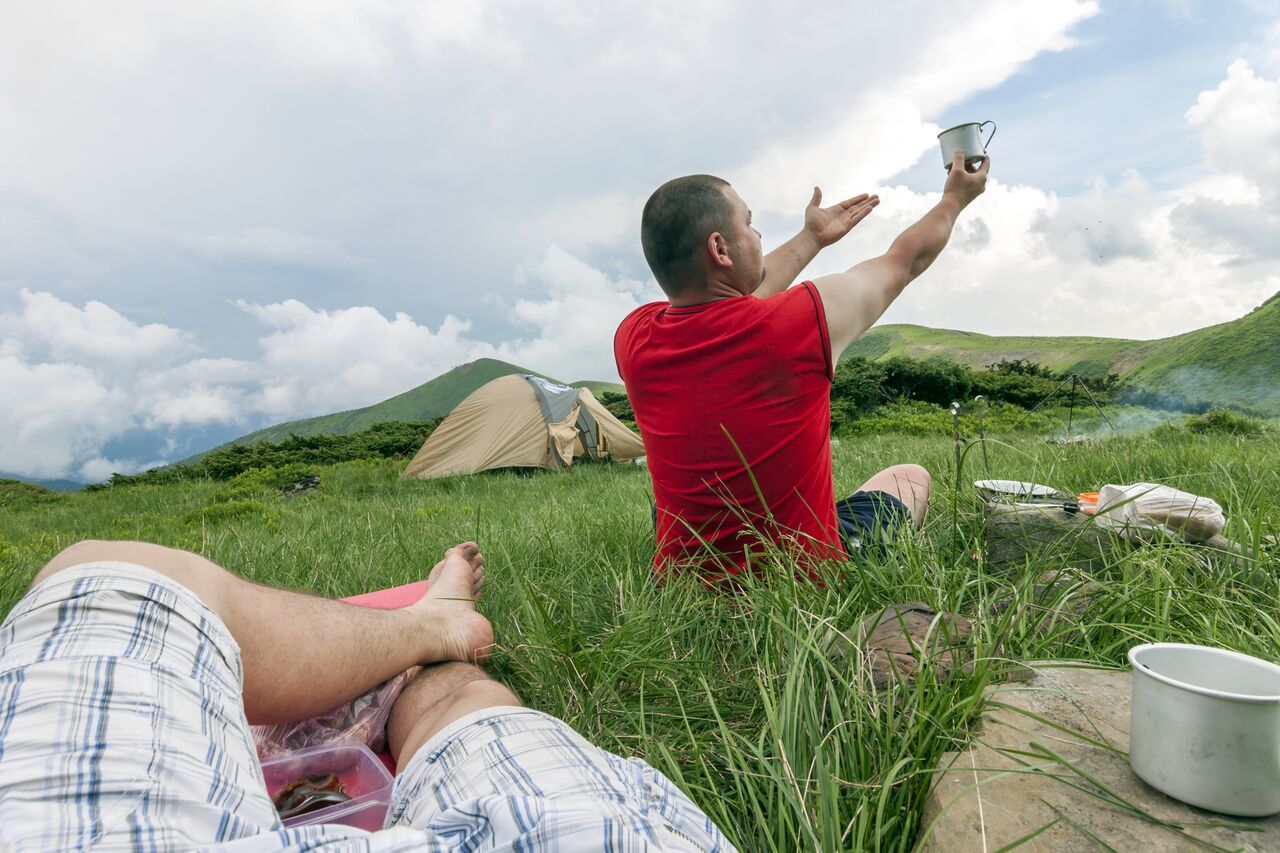If you’re heading out to the woods for a few nights in the lush outdoors, you’re probably a nature lover and a devoted caretaker of mother earth. Nothing encourages green living quite like a long camping trip. If you’re spending your free time outdoors, it makes sense personally and on a larger scale to do everything in your power to make your next camping trip green. These tips will help you tweak your camping skills so that you can experience green camping every time.
Camp Nearby
One of the many joys of camping is exploring unfamiliar territories. Traveling is often worth the time and gas in order to get to a new and exciting destination. But if you’re an avid camper, you might get out frequently enough that it’s often more about the outdoors than the specific area. If this sounds like you, consider making a good portion of your trips close to home.
Each state has its own selection of State and National Parks and Forests. With a little research you can find a handful of appealing locations not far from home. These closer trips won’t cost you much in the way of gas, so they’re good for both your wallet and the environment.
Buy Used Gear
Buying secondhand is better for the environment than buying new, whether it’s your work wardrobe, electronics, or camping gear. Choosing used camping gear is a great step in green camping because it avoids waste. Shopping secondhand gear keeps the used gear out of the landfills. It’s a sustainable alternative to new gear, which takes additional materials and resources to manufacture.
Look Into Solar Powered Gear
If you are going to buy new gear, invest a little extra to get solar powered options. Today there are tons of tools, from lanterns to showers to ovens, designed to act as a green camping substitute for the traditional battery or electric gear. And solar power is just one of the ways to make new gear more sustainable. Look for tents, backpacks, and other camping necessities made with recycled materials.
Buy Non-Toxic Toiletries
Some of the items on your go-to packing list—particularly things like bug spray and sunscreen—are very bad for the environment (and frankly, not all that great for you either). Take an extra step to turn your outing into a green camping trip by looking for non-toxic and natural products. This biodegradable soap by Campsuds can be used for dishes, clothes, hands, and anything else that needs a quick scrub.
Save Water
Whether you’re staying in a campsite with shower facilities and a water pump on site, or whether you’re in the backcountry and purifying your own water from a stream, it’s always best to use as little water as possible. Cut corners where you can, by taking fewer showers, or washing your dishes no more than once a day.
Set Up Your Kitchen for Green Camping
Paper and plastic products might be the most obviously wasteful element at the common campsite. There is way too much plastic waste on our planet already and anything an individual can do to cut back on usage can help. Invest in some durable, reusable camping dishes and utensils (bonus points if you find some used!). The more two-in-one tools you can find, the better. For instance, a good camping spork can be used for anything from slicing cheese to eating soup or beans and rice.
For optimum green camping, think beyond dishes and look for other ways you might avoiding using paper or plastic products. Bottled water is a big waste that’s much better replaced by bulk water. Leave behind napkins, paper towels, and tissues in favor of handkerchiefs and hand towels. If you’re brewing your morning camp coffee with a paper filter of some kind, consider choosing a method that uses no filter, like this camp-ready Coletti Bozeman stainless steel coffee percolator.
 You can feel great about making your camping experience more sustainable when you cut out plastic and paper products.
You can feel great about making your camping experience more sustainable when you cut out plastic and paper products.
Leave No Trace
When camping, the goal is to leave behind no trace of your presence. You should always pack your trash up and take it back into civilization with you to dispose of it properly. Cutting back on the amount of paper and plastic products you’re using will be a big help in minimizing clean up.
Leaving no trace of your presence shows respect for our earth. Green camping isn’t just about reusing and recycling—it’s about treating nature gently. Wearing soft soled shoes at the campsite is a way to have less of an impact on the area.
Another way is to always stay on the designated trails. Not only will they keep you on track and help you find your position on a map, but in creating boundaries for the campers and hikers that visit them, they protect the nature and wildlife around them. Straying from the trail could cause erosion and damage to the plants. Leave all plants and animals just as you found them.
Resist any temptation to pick flowers, collect rocks, or sneak off with any other piece of the natural environment. Each item is a piece of one large puzzle that keeps an eco-system healthy and thriving. Take nothing with you, and leave nothing behind.
Camping is all about innovation and fun, creative solutions in the outdoors. Aiming for a green camping experience just adds another layer of challenge and reward. What are some of the ways you keep your camping trips environmentally friendly and waste free? Let us know in the comments!

